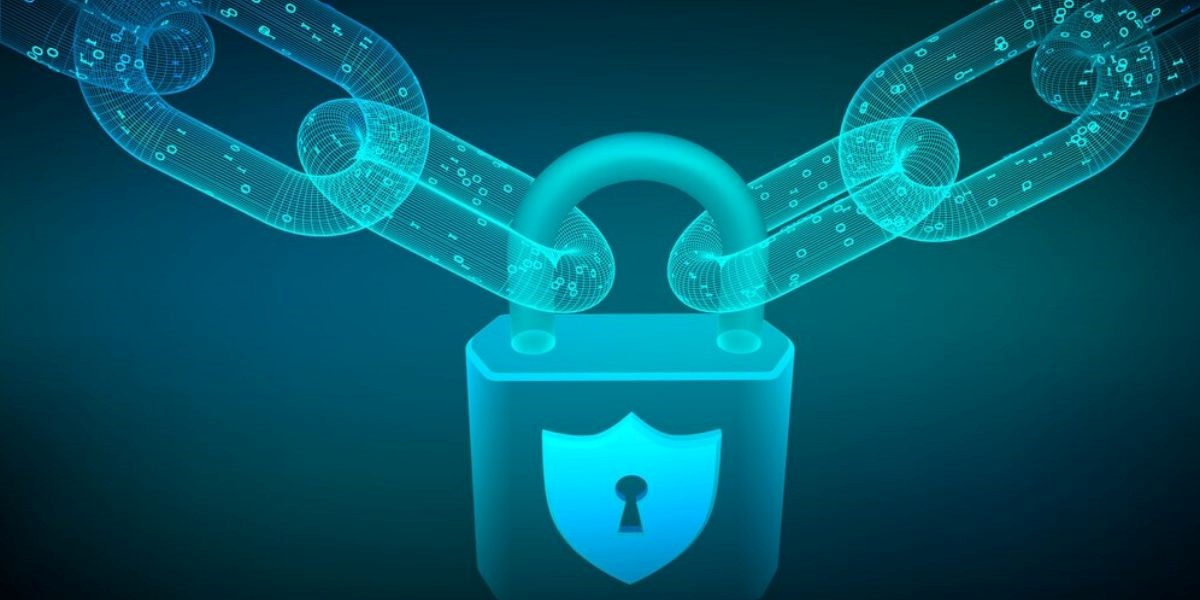
We spend a huge chunk of our lives online, whether we’re working, shopping, banking, or simply watching funny cat videos. Every click, search, and transaction leaves behind a data trail. And while this might seem harmless, it isn’t.
Your internet service provider (ISP), advertisers, marketers, and even governments are eager to collect and monetize this data. Data brokers, in particular, make billions selling your digital footprint.
If the idea of being tracked online makes you uneasy, you’re not alone. Fortunately, achieving online anonymity is possible. It requires some effort, but with the right tools and strategies, you can browse the internet anonymously and protect your digital identity from prying eyes.
Let’s explore the most secure ways to enjoy private browsing without tracking and shield your data from unwanted access.
If you’re serious about anonymity, consider using a prepaid burner phone. Unlike smartphones linked to your identity, a burner doesn’t tie your name or personal details to the device. Just keep in mind that even burners leave some trace (like GPS and tower data), so handle them with care.
Alternatively, if you own a high-end smartphone and don’t want to carry extra hardware, you can install burner apps. Apps like Burner (available for Android and iOS) provide temporary, anonymous numbers for calls and texts.
Using a computer directly connected to a broadband modem without a router? That’s risky. Hackers constantly scan for exposed IP addresses to exploit vulnerabilities.
A router, especially one with Network Address Translation (NAT), protects your system by hiding internal IP addresses. Even ISP-provided modems with built-in routers offer more protection than going without.
Additionally, activate your computer’s software firewall. Windows Firewall is quite robust, and Mac users also have strong built-in options. Firewalls serve as the first line of defense against incoming threats and unauthorized access.
Your device leaks more information than you think. Every time you visit a website, it collects:
This fingerprint helps advertisers, and sometimes hackers, track you across the web.
Use these tools to test how anonymous your setup really is.
To reduce your exposure:
Let’s dive into some actionable tips for private browsing without tracking.
Advertising networks are notorious for tracking users. Install tools like AdBlock or uBlock Origin to block ads and embedded trackers that monitor your behavior.
Also, stay away from shady adware. If you suspect your device is infected, run a malware scan with tools like Malwarebytes.
Voice assistants like Alexa, Siri, and Google Assistant make life convenient but come at the cost of privacy. These devices constantly listen and collect data, even when you think they aren’t. Skip them if anonymity is a priority.
Instead, manually control your smart home devices via secure apps and disable voice recognition features.
Social media platforms are data gold mines. A study by Security.org revealed that:
This behavior opens doors to identity theft, data scraping, and long-term privacy concerns.
If you must use social media:
Avoid posting:
Sharing PII makes you a target for identity theft and phishing attacks. Consider using identity theft protection services like LifeLock or Aura to monitor misuse.
Apps often request excessive permissions. Before installing:
Review your app permissions regularly in your phone settings. Android and iOS both provide clear permission dashboards.
Yes, they’re long. But privacy policies tell you what data is collected, how it’s stored, and whether it’s shared with third parties. Choose services that respect your privacy and offer clear data-handling transparency.
Incognito Mode (Chrome), Private Browsing (Safari/Firefox), and similar options hide your browsing history locally. They:
However, these modes do not hide your IP, encrypt traffic, or block trackers.
Use them in conjunction with other tools like VPNs and secure browsers for maximum privacy.

Use the HTTPS protocol (look for the padlock in your browser’s address bar) to encrypt communication between you and websites.
To enforce HTTPS:
Avoid websites that only use HTTP; your data isn’t encrypted and can be intercepted.
Mainstream search engines like Google track your queries, click behavior, and even what you don’t click. Try these alternatives instead:
These options don’t store your search history or IP addresses and help eliminate personalized ads.
A VPN encrypts your internet traffic and routes it through a secure server, masking your IP address. It helps you:
Choose a reputable no-log VPN provider like:
Make sure your VPN doesn’t log usage data and supports DNS leak protection.

For ultimate anonymity, consider using Tor (The Onion Router). Tor:
However, it’s slower than regular browsing and not suitable for streaming or high-speed downloads.
Use Tor Browser for general browsing. Combine it with a VPN for added protection.
If you run a business, especially one involved in media or data-sensitive activities, privacy is even more crucial.
Services like OffshoreServers.NET offer:
For those in content delivery or media streaming, dedicated servers offer:
Whether you’re hosting videos or podcasts, offshore servers add a layer of privacy for both creators and users.
Anonymous browsing isn’t just for tech experts or those with something to hide; it’s essential for a wide range of users who value privacy and security online.
In short, whether you’re safeguarding professional activities or protecting personal freedoms, secure and anonymous browsing empowers users to navigate the internet without fear of intrusion, tracking, or data misuse.
If you want to browse the internet anonymously and protect your personal data from being sold, tracked, or exploited, you have to be proactive. While no single tool guarantees complete invisibility, using a combination of strategies will significantly enhance your privacy.
Here’s a recap of key steps:
Whether you’re a casual internet user or a privacy-obsessed digital nomad, these tools can help you achieve a safer, more anonymous browsing experience.
And if you’re in need of offshore storage servers or dedicated streaming server solutions, don’t hesitate to check out OffshoreServers.NET. We have got the tools to keep your data private and your business protected.
We Accept Bitcoin, Litecoin, Dash, PayPal & Perfect Money